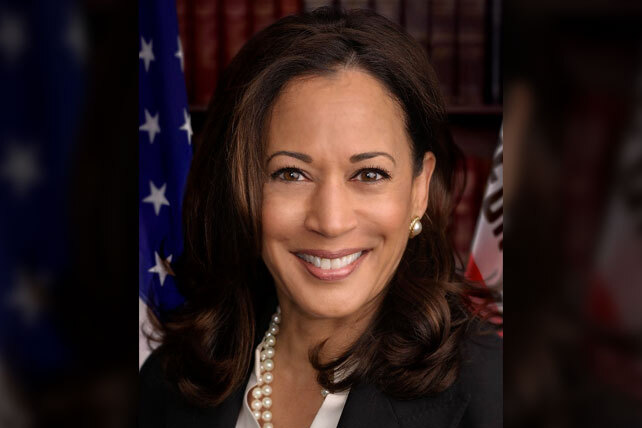Tom Buck, pastor of First Baptist Church of Lindale, Texas, sparked a firestorm last week when he compared newly elected Vice President Kamala Harris to the pagan queen Jezebel. While the ensuing conversation has been emotionally charged, it raises important questions about how to have constructive discussions within the body of Christ.
“I can’t imagine any truly God-fearing Israelite who would’ve wanted their daughters to view Jezebel as an inspirational role model because she was a woman in power,” said Buck in a tweet on Jan. 22. He continued in the thread, “To be clear, if Trump had been the first white man to hold the office of President, I wouldn’t have wanted my sons to look up to him as a role model…certainly not because of the color of his skin.”
I can’t imagine any truly God-fearing Israelite who would’ve wanted their daughters to view Jezebel as an inspirational role model because she was a woman in power.
— Tom Buck (@TomBuck) January 22, 2021
Vice President Kamala Harris has made history by being the first female vice president, as well as the first Asian American and first African American vice president. She is also a staunch supporter of abortion and LGBT rights. Buck was attempting to draw attention to the latter points, but his efforts were overshadowed by the way he did so, particularly by his reference to Jezebel.
What It Means to Compare a Woman to Jezebel
The word “Jezebel” has several connotations, first from Scripture itself, but also from American evangelicalism and American history. The term is always negative (unless people are adopting it ironically).
Scripture tells us that Jezebel was a pagan queen married to the Israelite king Ahab; she was infamous for her idolatry and her antagonism toward God and his prophets. 1 Kings 16 says that during Ahab’s 22-year reign over Israel, he “did more evil in the eyes of the LORD than any of those before him. He not only considered it trivial to commit the sins of Jeroboam son of Nebat, but he also married Jezebel daughter of Ethbaal king of the Sidonians, and began to serve Baal and worship him.”
Jezebel was a zealous enemy of God, and she systematically killed off the prophets who served him. After the prophet Elijah famously faced down (and led the slaughter of) the 450 prophets of Baal and 400 prophets of Asherah “who [ate] at Jezebel’s table,” the queen promised Elijah that she would take his life. One of Jezebel’s most notorious acts was when she had a man named Naboth murdered so she could secure Naboth’s vineyard for her husband. 1 Kings 21:25 says, “There was never anyone like Ahab, who sold himself to do evil in the eyes of the LORD, urged on by Jezebel his wife.”
The other significant reference to Jezebel in the Bible is Revelation 2. In this passage, God tells the church in Thyatira,
I know your deeds, your love and faith, your service and perseverance, and that you are now doing more than you did at first. Nevertheless, I have this against you: You tolerate that woman Jezebel, who calls herself a prophet. By her teaching she misleads my servants into sexual immorality and the eating of food sacrificed to idols. I have given her time to repent of her immorality, but she is unwilling.
Some have taken this passage to justify labeling any Christian woman perceived as divisive or rebellious as acting out of a “Jezebel spirit.” It is not unusual for women in evangelical circles to be called a “Jezebel” when they take a position that some find controversial.
Not only is “Jezebel” an entirely negative label among evangelicals, it is also a racist term that has historically been used to characterize Black women as seductive and promiscuous. According to an article published in the Psychology of Women Quarterly, “One common stereotypical representation of Black women is that of the Jezebel—an alluring and seductive African American woman who is highly sexualized and valued purely for her sexuality…The Jezebel stereotype was particularly common during slavery.”
Views on the Jezebel Comment
Tom Buck’s tweet about Vice President Harris drew swift censure. Many of the pastor’s critics accused him of misogyny and pointed out the racial connotations of calling a Black woman “Jezebel.” Journalist Sarah Pulliam Bailey said comparing Harris to “Jezebel” is not only “extreme” but is also potentially “slanderous.”
It took 2 days in office for a Southern Baptist pastor to call VP Kamala Harris Jezebel. I’m going to guess she’s not getting an invitation to speak at the convention as former VP Mike Pence did in 2018. https://t.co/id4U6NA5G6
— Sarah Pulliam Bailey 🖋️🖋️🖋️ (@spulliam) January 23, 2021

